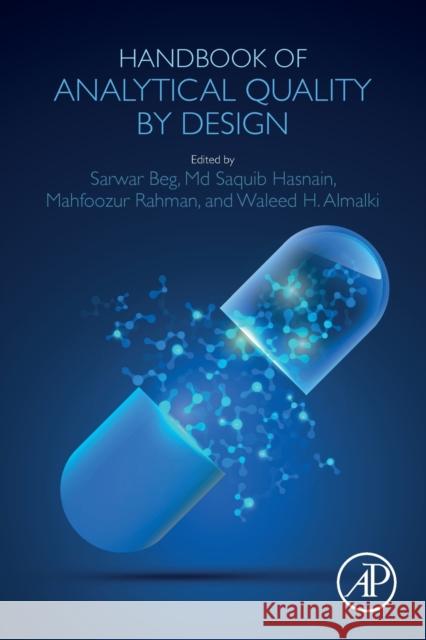Handbook of Analytical Quality by Design » książka
topmenu
Handbook of Analytical Quality by Design
ISBN-13: 9780128203323 / Angielski / Miękka / 2021 / 224 str.
Kategorie:
Kategorie BISAC:
Wydawca:
Elsevier Science Publishing Co Inc
Język:
Angielski
ISBN-13:
9780128203323
Rok wydania:
2021
Ilość stron:
224
Waga:
4.46 kg
Wymiary:
22.86 x 15.24 x 1.19
Oprawa:
Miękka
Wolumenów:
01
Dodatkowe informacje:
Bibliografia
Wydanie ilustrowane
Wydanie ilustrowane











